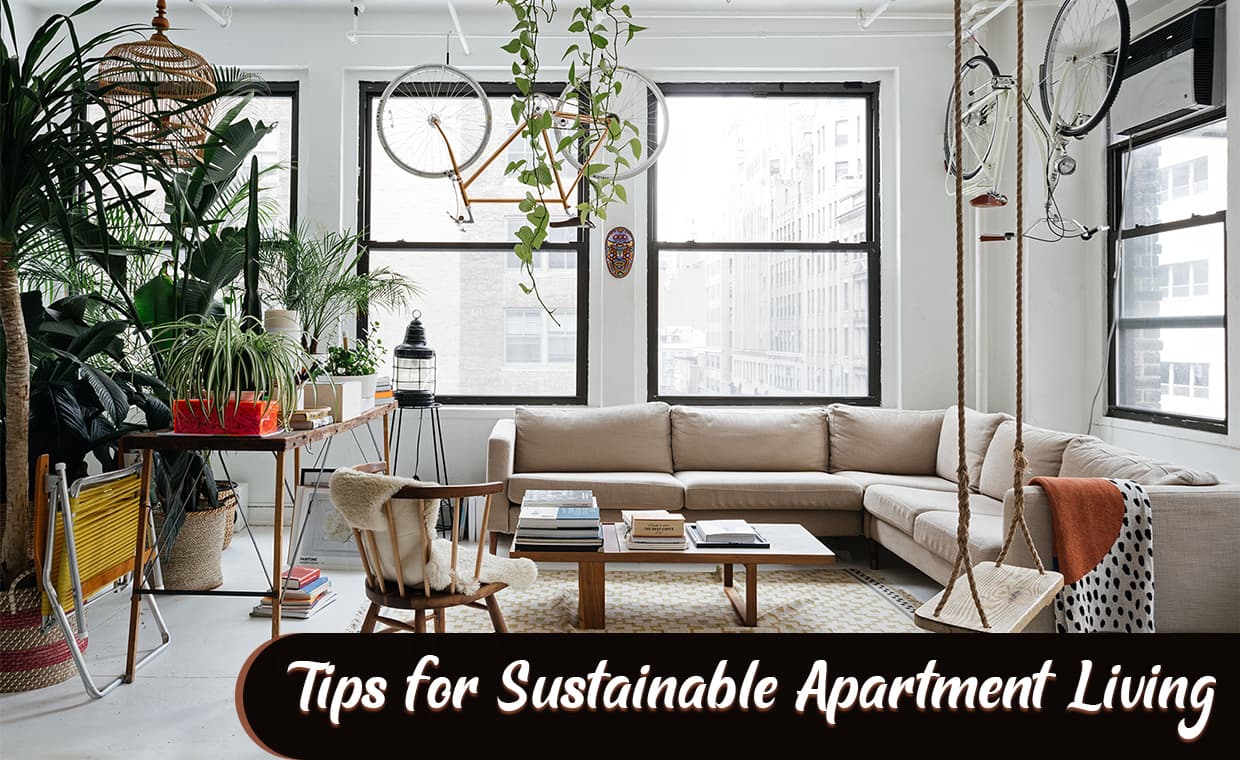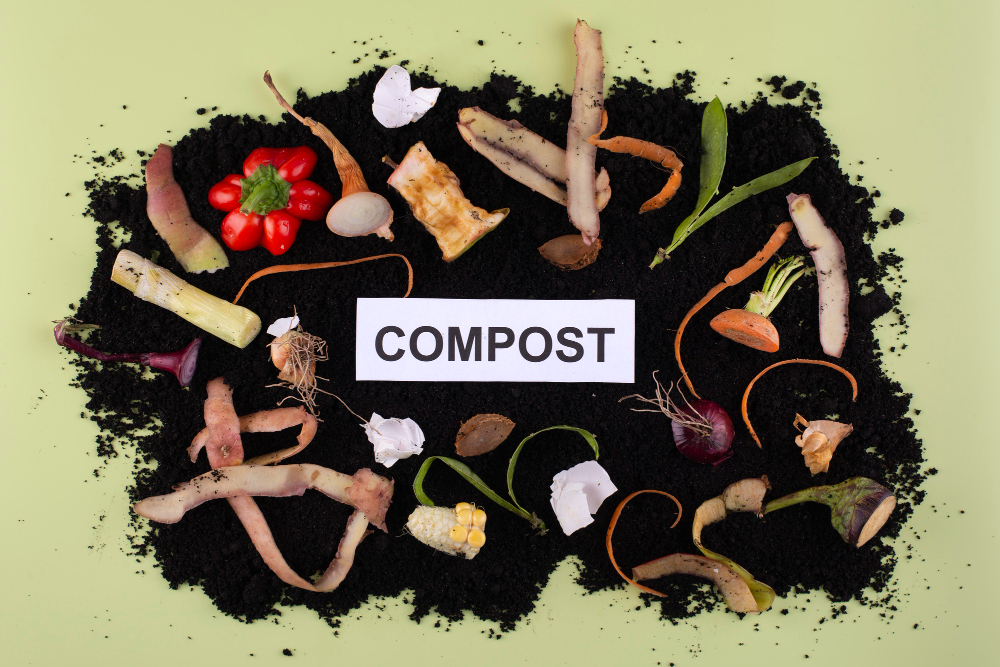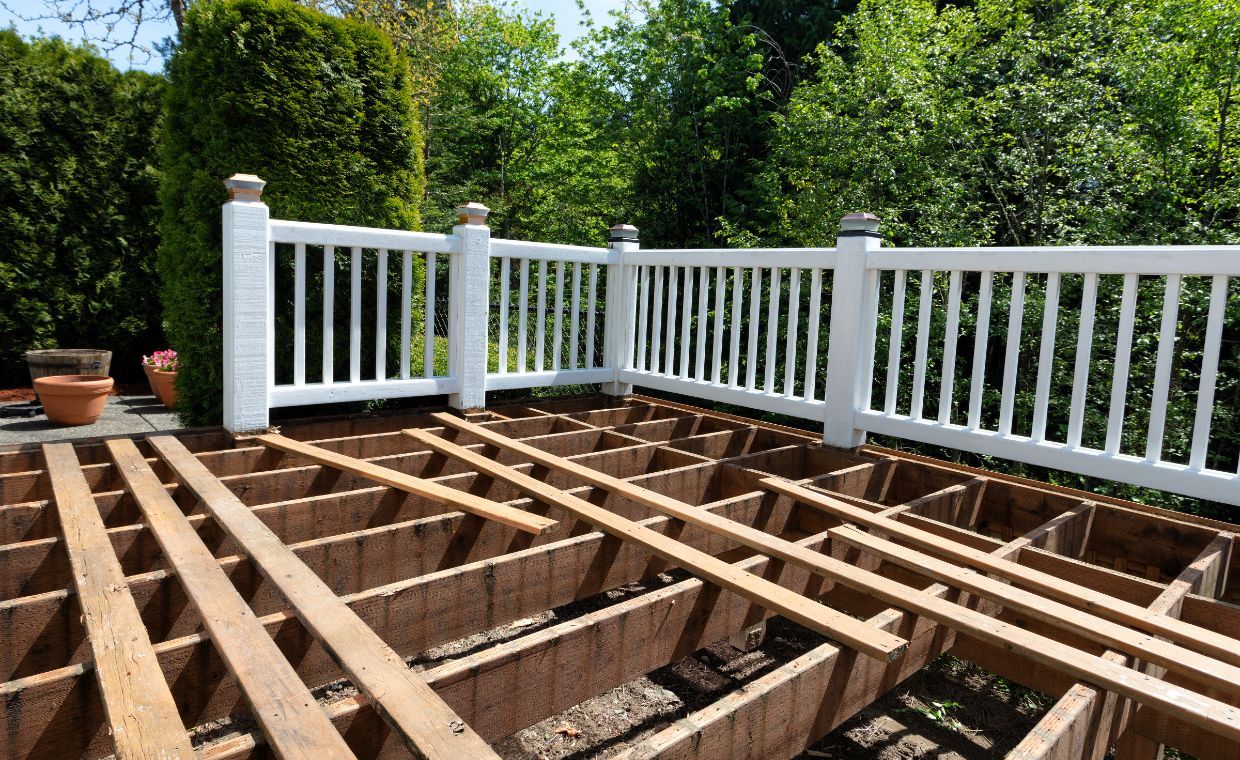
Every year, April 22 is celebrated as “Earth Day” worldwide to promote a healthy living and sustainable habitat for humans and wild life alike. According to “Earth Day”, on April 22, 1970, 20 million Americans — at the time, 10% of the total population of the USA — took to the parks, streets and auditoriums to demonstrate for a sustainable, healthy environment in massive coast-to-coast rallies. Thousands universities and colleges organized protests against the deterioration of the environment. Earth Day reminds us of how fragile our planet is and how important it is for us to protect it. So, it’s time to do our part as an apartment resident to maintain the beauty of our planet and sustain it for the future generations.
Here, we have listed some sustainable apartment living tips for simple alterations you can make that will not make a huge impact on your day-to-day life, but will work wonders for our planet.
Sustainable Apartment Living Tips
Tip 1: Save Electricity for Sustainable Living

We must turn off electronic devices when not in use. Even a child knows this. But do you know that if the device is still plugged in, it consumes power? Unplugging appliances such as your TV, printer, mobile and laptop chargers can help reduce your apartment’s energy drain. Unplugging appliances when not in use, opening the fridge door only when needed, turning off the lights when not in use, washing your clothes either on a faster cycle or operate the washing machine with a full load will help save on electricity.
Some other ways you can reduce your electricity consumption is by choosing electricity-saving LED bulbs over standard halogens, using dimmer switches and using as much natural light as possible.
For those of you who use air conditioning, the ideal and most efficient temperature is 25 degree Celsius.
Tip 2: Use of Solar Energy for Sustainable Living

Using solar panels to power your home is another hip way to reduce the burden on the planet. While setting up solar panels for you home might be tricky and expensive, it is worth it in the long run as it works out cheaper than paying for electricity. Bonus!
Not all apartments are suitable for solar panels so, you can always use the pointers mentioned in the previous section.
Sustainability simply means that minimum use of energy or resources. However, solar energy is the energy that will be with us for forever. So now let’s understand the how we can utilise the solar energy to the max in our home. Here is the list of articles that you want to refer,
Types of Solar Water Heater System for Your Home and their Benefits!
Solar Chimney as a Sustainable Solution for Homes!
How Successful are the Residential Rooftop Solar Panels in India?
Tip 3: Try to Save and Reuse Water for More Sustainable Life

Water is a precious resource and we must conserve it. So, start by fixing all water leaks and re-using water. For example, collect the water you run in the shower before it turns warm and re-use it for watering your plants. Place containers outside when it rains and use this water for your plants. Invest in a high-efficiency showerhead. Use faucet aerators, which reduce water consumption by 50% as it mixes water with air. Use dual flush toilets or decrease the water you flush by adding just a 1-l water bottle in the flush tank. Soaking dishes is more effective than scraping them in running water. Do not wash your hands, brush your teeth or shave with running water.
Tip 4: Say NO to Single-Use Plastic & Opt for Reusable Bags

There has been a global movement to ban single-use plastics all over the world. Several countries, including India, have implemented this ban. More countries are in line and have proposed similar bans.
Reusable cups, plates, and bags are an essential part of households across the country. Create your eco-pack when you are out. It should contain a food container to pick meals at your favorite restaurant, a mug for your coffees and drinks and cutlery. Most good coffee shops outside India offer a small discount for getting their coffee cups. India would follow this trend pretty soon. Carry a cotton bag while shopping and especially while buying vegetables and fruits.
Similarly, instead of using plastic wrap or bags that you throw away after a single-use, store your foods in steel containers that you can use for years to come. It’s a healthier way to live, and it’s sustainable for the environment.
Tip 5: Upcycle Old Furniture/Upholster Old Clothes

To upcycle your old clothes, redesign them and make them look unique and inspired. Or else, donate your old clothes and be blessed.
Before throwing away your old furniture, think of reupholstering it. Old stylish curtains, wooden blinds, and even old doors can be remade into trendy coffee tables. Use your creative flair to recycle your home decor and artwork for your space.
We have also written article for DIY home decoration ideas.
Tip 6: Make Natural Cleaning Products at Home by DIY

Use household ingredients to clean your apartment. Create natural cleaning products at home with simple recipes that you can find online. Minimize your health risks, as well as our planet’s risks, by using “green products” which are pocket-friendly, less toxic and biodegradable.
The most important household ingredient for cleaning is baking soda. Look here how you can use baking soda for household cleaning,
Tip 7: Use Less, Waste Less (अपरिग्रह)

Managing household waste is a big one. But don’t fret; it’s easier than you think. Reduce, reuse, and recycle are quick ways to lessen your demands on natural resources and limit your environmental footprint.
One aspect of waste created in apartments that often gets overlooked is food waste. All the energy and water used to produce these items are lost when they are spoiled and thrown out. Additionally, food rotting in landfills releases a huge amount of methane, which is one of the most potent greenhouse gases.
Reduce your food waste by using a grocery list that identifies the items you need. Make an eating plan for the week and buy locally grown fresh foods to support local farmers, the local economy and a more sustainable world. Bring jars and reusable bags to stay away from packaging.
Tip 8: Compost From Kitchen Waste for Sustainable Apartment Living

Creating at-home compost provides nutrient-rich soil which can be used to grow new plants in the house. Don’t throw away your used coffee grounds, eggshells, fruit and veggies peels. Instead, create a compost pile. Place plants on a sunny window sill or in the balcony, water them as needed and you have the freshest, homegrown ingredients. Use green, chemical-free pesticides to protect your plants.
Some composting benefits are well known. This practice keeps the waste out of landfills, promotes healthy plants, and reduces the use of pesticides, fungicides, and fertilizers, many of which are harmful to the environment. More and more cities, farms, apartments, and schools are composting what used to be thrown away. Let’s make composting our mantra too.
Tip 9: Use less Paper – Save Trees to Live More Sustainably

Going paperless is a big tick for the environment. The over-use of paper has a huge impact on the planet’s carbon footprint – from chopping down trees to making paper to using fossil fuel power and chemicals for printing. By reducing or eliminating your use of paper, you are doing your bit to preserve the life of trees and Mother Earth.
Go paperless by paying your bills online and switching to online magazine and newspaper subscriptions. It’s not only more convenient, but it also reduces the amount of paper you waste each month. Implement paperless document storage, popularly known as the “cloud”. Use emails and text messaging as a means of communication. You can opt for utility bills, bank statements etc. to be sent to you via email in order to reduce paper wastage. Opting for digital receipts at restaurants, salons, and supermarkets can go a long way in reducing the overall usage of paper.
Tip 10: Reupholster Home Decor and Use Low VOC Paints for Healthy Living

You may think your couch has come to the end of its life, but ignore those stains and reupholster it using organic fabrics. The new fabric will revive the couch and add style to your place. Organic fabrics and products are better for your health and far more sustainable. We don’t realize how many dyes are put in the fabrics. So, if we are not using organic fabrics like pieces of cotton and linens, we are adding too many chemicals in our home.
Similarly, when we are renovating our house, repainting is given. But the choice of paints greatly affects the indoor air quality of your home. Paints have Volatile Organic Compounds (VOC) which have a strong stench and can create a host of problems. VOCs can cause skin irritation, nose and throat discomfort, headaches, allergic skin reaction, difficulty in breathing, nausea, and fatigue. Fortunately, there are many interior and exterior paints available in the market with low VOCs. Low VOC paint is an environmentally-conscious choice, especially for those who are sensitive to strong smells or have allergies.
Tip 11: Recycle Trash Instead of Throwing It Away

Always try to recycle and be more responsible when it comes to throwing out your trash. As far as possible, avoid purchasing items that come in single-use plastics. Purchase produce from your local markets and buy in bulk to avoid getting packaged veggies. Try to order as less take-out as possible and cook at home. This way you will also reduce the amount of trash in your home.
A bonus point is that the more you practice this, the more you will save. You will also be healthier.Mother Earth has a tremendous ability to maintain its balance. However, the pace at which humans are depleting natural resources, and creating man-made waste, long-term viability is under serious threat. So, with these practices, let’s ensure that the needs of today’s population are met without jeopardizing the ability of future generations to meet their needs. Hope these sustainable apartment living tips will be helpful you to get healthier life.
Must Read:
How to Transform Your House into a Healthy Living Space?
8 Eco Friendly Building Materials Utilised in Green/Sustainable Buildings!
Image Courtesy: Image 6
Author Bio
Anshu Sachdeva – Anshu Sachdeva is the founder and business head of boutique research and content firm based out of India. She has over ten years of corporate experience in consulting and research. She holds a masters degree in business management and is passionate about the application of research to do business faster, better, cheaper.




































